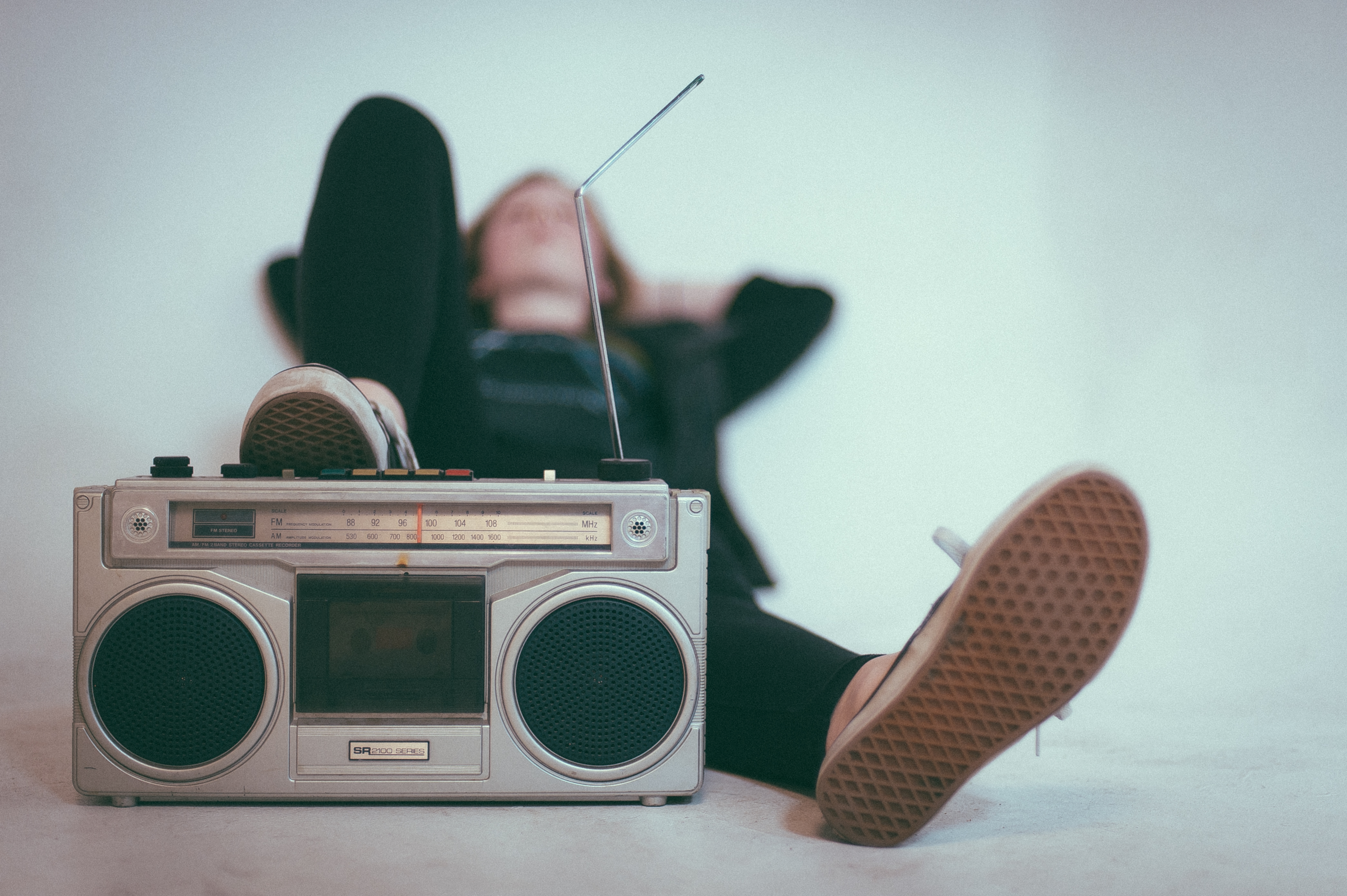Your Song, Your Money: A Breakdown Of Songwriting Royalties
The world of music publishing and royalties is a tumultuous and complex one, and being able to extrapolate where exactly artists earn their money from in all of it can be challenging. Here we explain precisely how it is that songwriters earn money from their compositions.
______________________
Guest post by Lisa Occhino of Soundfly's Flypaper
The above video was taken from Soundfly’s free course, How to Get All the Royalties You Never Knew Existed, taught by Ari Herstand. Sign up for access to the full course content.
There’s a lot going on in the world of music publishing and artist royalties, but how do songwriters collect the money they deserve? In the video above, you’ll learn how to get your compositions in the system and, more importantly, collect your royalties!
Let’s recap some of the key points.
What are Songwriting Royalties?
Composition performance royalties (a.k.a., public performance royalties) are earned from a public performance of a composition. These songwriting royalties are generated all over the world when a composition is performed in public: onstage, on a jukebox, in a store, on a TV show, on the radio (AM, FM, Pandora, Sirius XM, etc.), or on Spotify, Apple Music, or YouTube.
+ Read more on Flypaper: “Your Music Was Added to a Popular Spotify Playlist… Now What?”
To Get Your Songwriter Royalties, You Should:
- Sign up with a PRO
- Sign up with a publisher, an admin publishing company, or self-publish
- Approach or sign up with licensing companies
PROs
PROs, or performing rights organizations, collect public performance royalties for songwriters and publishers. In the US, we have four: ASCAP, BMI, SESAC, and Global Music Rights. After you select a PRO, it’s important that you register all of your previously published music so the company can start monitoring where your songs are being played.
Publishing Companies
Publishing companies and admin publishing companies apply for song copyrights, register your work with PROs, collect composition performance royalties and mechanical royalties, and sometimes seek out licensing opportunities for the songwriter’s music. You can also be your own publisher if you register appropriately depending on your PRO.
Licensing Companies
Licensing companies don’t collect royalties, but they can increase your chances of getting sync licenses by working to get your music placed in TV shows, movies, trailers, commercials, and video games.
Synchronization licenses, or “sync” licenses for short, are required when a composition is used in a video of any kind. Sync license fees can be negotiated and can range from nothing to hundreds of thousands of dollars depending on the project. It’s possible to obtain sync licenses yourself, even without representation by a licensing company, but, of course, without a longstanding relationship in place, it might be harder to get the attention of a music supervisor.
Lisa Occhino is the founder of SongwriterLink, a free songwriting collaboration website that matches you up with exactly the kind of co-writers you’re looking for. She’s also a pianist, award-winning songwriter, and graduate of Berklee College of Musiifferences between getting paid as an “Artist” versus a “Songwriter” here.
